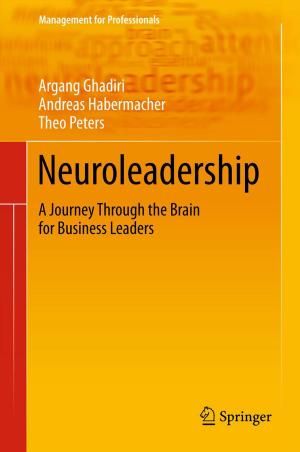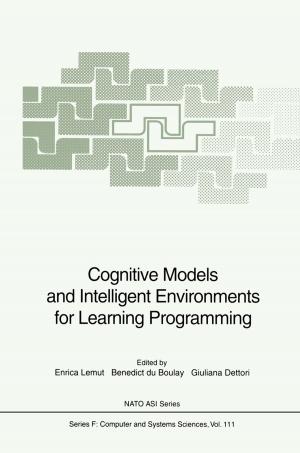Principles of Evolution
From the Planck Epoch to Complex Multicellular Life
Nonfiction, Science & Nature, Science, Physics, General Physics, Biological Sciences, Evolution| Author: | ISBN: | 9783642181375 | |
| Publisher: | Springer Berlin Heidelberg | Publication: | April 11, 2011 |
| Imprint: | Springer | Language: | English |
| Author: | |
| ISBN: | 9783642181375 |
| Publisher: | Springer Berlin Heidelberg |
| Publication: | April 11, 2011 |
| Imprint: | Springer |
| Language: | English |
With contributions from a team of leading experts, this volume provides a comprehensive survey of recent achievements in our scientific understanding of evolution. The questions it asks concern the beginnings of the universe, the origin of life and the chances of its arising at all, the role of contingency, and the search for universal features in the plethora of evolutionary phenomena. Rather than oversimplified or premature answers, the chapters provide a clear picture of how these essential problems are being tackled, enabling the reader to understand current thinking and open questions. The tools employed stem from a range of disciplines including mathematics, physics, biochemistry and cell biology. Self-organization as an overarching concept is demonstrated in the most diverse areas: from galaxy formation in the universe to spindle and aster formation in the cell. Chemical master equations, population dynamics, and evolutionary game theory are presented as suitable frameworks for understanding the universal mechanisms and organizational principles observed in a wide range of living units, ranging from cells to societies. This book will provide engaging reading and food for thought for all those seeking a deeper understanding of the science of evolution.
With contributions from a team of leading experts, this volume provides a comprehensive survey of recent achievements in our scientific understanding of evolution. The questions it asks concern the beginnings of the universe, the origin of life and the chances of its arising at all, the role of contingency, and the search for universal features in the plethora of evolutionary phenomena. Rather than oversimplified or premature answers, the chapters provide a clear picture of how these essential problems are being tackled, enabling the reader to understand current thinking and open questions. The tools employed stem from a range of disciplines including mathematics, physics, biochemistry and cell biology. Self-organization as an overarching concept is demonstrated in the most diverse areas: from galaxy formation in the universe to spindle and aster formation in the cell. Chemical master equations, population dynamics, and evolutionary game theory are presented as suitable frameworks for understanding the universal mechanisms and organizational principles observed in a wide range of living units, ranging from cells to societies. This book will provide engaging reading and food for thought for all those seeking a deeper understanding of the science of evolution.















